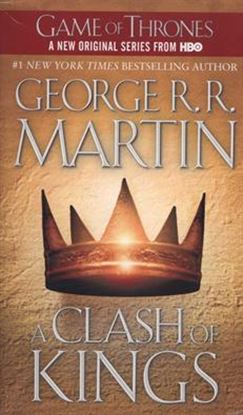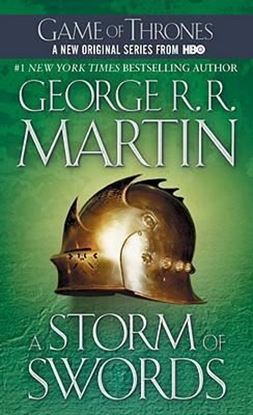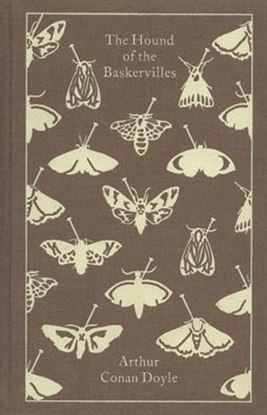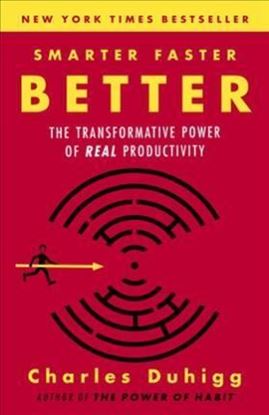

YOU BELONG HERE
In a world overcrowded with labels, don’t allow your identity to be defined by other people. Learn how to take back your power, choose to feed the aspects of your identity that serve you, and let go of those that don’t.
Everyone feels like an outsider at some point in their life—when we walk into a room and think to ourselves, “I don’t belong here.” To avoid these feelings of exclusion, many of us hide our authentic selves and allow others to define our identity.
You Belong Here offers a new framework that allows each of us to define how we want to be seen, heard, and valued on our own terms so we feel a sense of belonging in any situation. Further, it serves as a launchpad for organizational leaders and culture builders to create safe spaces for individuals to show up as their authentic selves.
1,450
YOU BELONG TO ME (HC)
Frances Bean has always been content living life on the perimeter. Until she gets paired up for a class project with rich and popular Julia, daughter of famous wellness guru Deena Patterson. The "magic" skincare products, healing sound baths, and extravagant parties of Deena’s company DEEP never really interested Frances before, who wears the badge of goth outcast and bookworm proudly. But face time with the girl she has been crushing on for years is starting to give her a new outlook.
1,350
A STORM OF SWORDS (3) (MM)
THE BOOK BEHIND THE THIRD SEASON OF GAME OF THRONES, AN ORIGINAL SERIES NOW ON HBO.
Here is the third volume in George R. R. Martin's magnificent cycle of novels that includes A Game of Thrones and A Clash of Kings. As a whole, this series comprises a genuine masterpiece of modern fantasy, bringing together the best the genre has to offer. Magic, mystery, intrigue, romance, and adventure fill these pages and transport us to a world unlike any we have ever experienced. Already hailed as a classic, George R. R. Martin's stunning series is destined to stand as one of the great achievements of imaginative fiction. A STORM OF SWORDS Of the five contenders for power, one is dead, another in disfavor, and still the wars rage as violently as ever, as alliances are made and broken. Joffrey, of House Lannister, sits on the Iron Throne, the uneasy ruler of the land of the Seven Kingdoms. His most bitter rival, Lord Stannis, stands defeated and disgraced, the victim of the jealous sorceress who holds him in her evil thrall. But young Robb, of House Stark, still rules the North from the fortress of Riverrun. Robb plots against his despised Lannister enemies, even as they hold his sister hostage at King's Landing, the seat of the Iron Throne. Meanwhile, making her way across a blood-drenched continent is the exiled queen, Daenerys, mistress of the only three dragons still left in the world. . . . But as opposing forces maneuver for the final titanic showdown, an army of barbaric wildlings arrives from the outermost line of civilization. In their vanguard is a horde of mythical Others--a supernatural army of the living dead whose animated corpses are unstoppable. As the future of the land hangs in the balance, no one will rest until the Seven Kingdoms have exploded in a veritable storm of swords. . . .
650
HOUND OF THE BASKERVILLES (TD)
Part of Penguin's beautiful hardback Clothbound Classics series, designed by the award-winning Coralie Bickford-Smith, these delectable and collectible editions are bound in high-quality colourful, tactile cloth with foil stamped into the design. The terrible spectacle of the beast, the fog of the moor, the discovery of a body, this classic horror story pits detective against dog. When Sir Charles Baskerville is found dead on the wild Devon moorland with the footprints of a giant hound nearby, the blame is placed on a family curse. It is left to Sherlock Holmes and Doctor Watson to solve the mystery of the legend of the phantom hound before Sir Charles' heir comes to an equally gruesome end.
1,500













